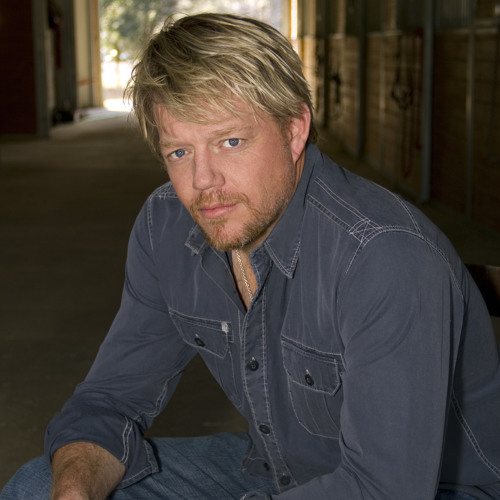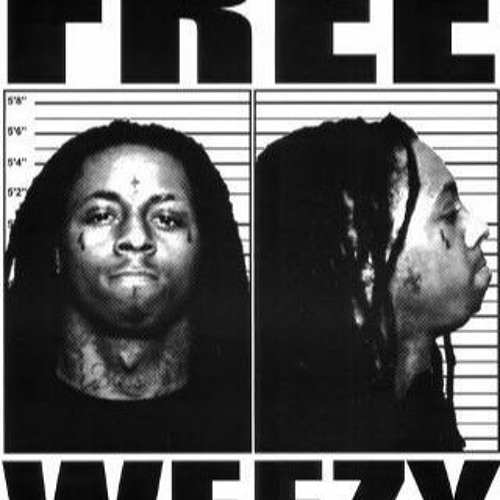

Wayne was not especially Christian, could be crass, had multiple affairs, and divorced twice.



As for John Wayne, Du Mez could not ignore his multi-decade popularity with evangelical culture including in sermons, books, and posters. Time and again, they reject the “pussification” of Jesus who will bring peace only after destroying his enemies in the end-times. How does this fit with Jesus? Well, Jesus, you will learn, is a tough guy, a blue-collar carpenter with muscled arms. Indeed, even some of WAE’s leading female figures became famous for upholding White patriarchal Christianity. This tendency has deep roots but surged in the 1960s when three big issues – Vietnam, Civil Rights, and feminism – each challenged White patriarchy (Vietnam challenging authority figures while the other movements demanded equality for others).ĭu Mez outlines how this commitment to White patriarchy permeates evangelicalism at all levels – elite theologians, popular preachers, prominent book authors, radio hosts, parenting manuals, and the community’s consumer culture. I have rarely written “wow” in the margins so much and evangelicalism is in my wheelhouse (subject of said dissertation).ĭu Mez convincingly shows that White American Evangelicalism (WAE) has been animated by a passion to protect, defend and enhance white patriarchy. Kristin Kobes Du Mez’s book is wonderful, packed with fascinating content and eminently readable with nice, short chapters. As the weeks went on, evangelical twitter kept hyping this book by a Christian author with a foot in American evangelicalism (she calls herself “evangelical adjacent”) who was nonetheless critiquing the tradition.įolks, I can see why. I was finalizing my PhD dissertation so I studiously resisted buying the book. This fall, my twitter feed came alive with people raving about a new book about America’s White evangelicals, titled Jesus and John Wayne.


 0 kommentar(er)
0 kommentar(er)
